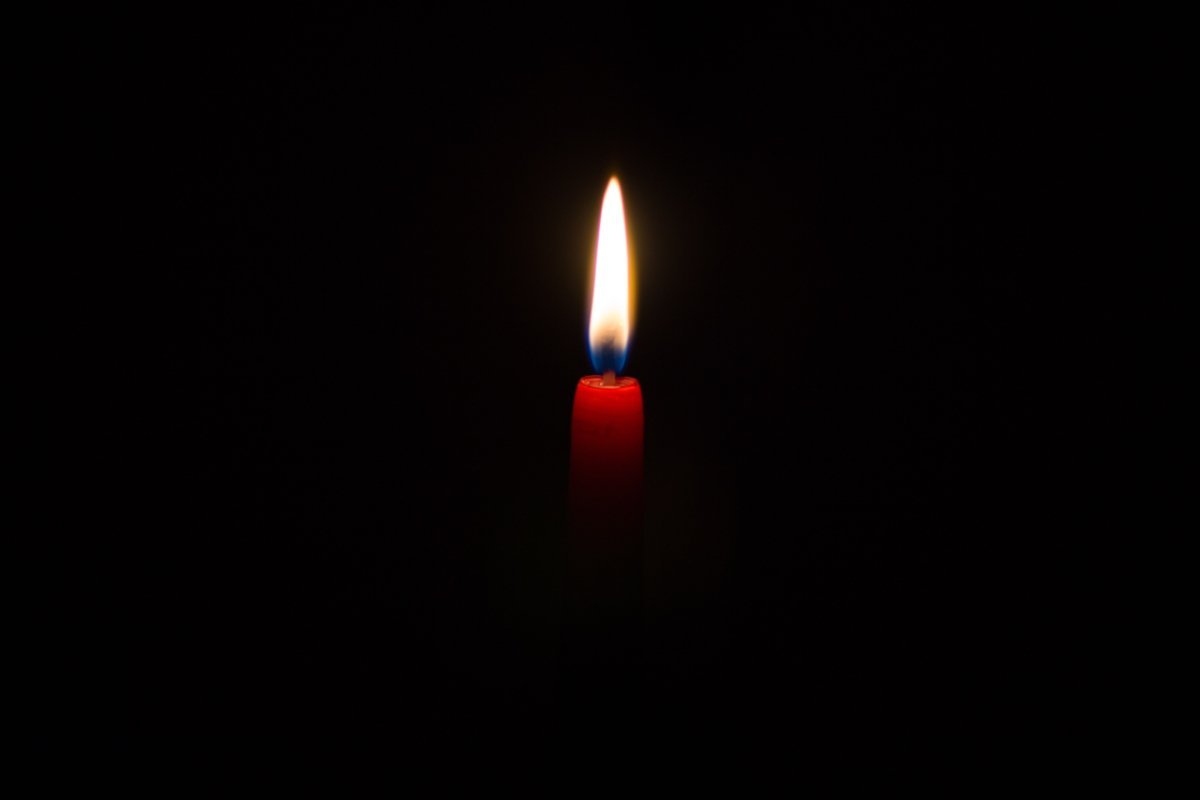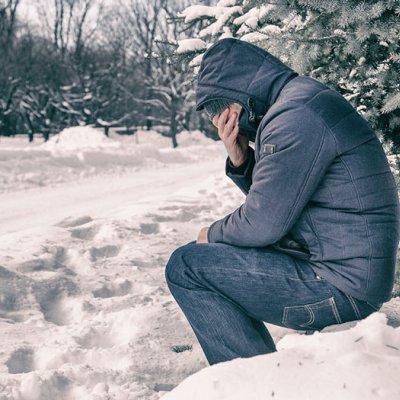Feelings
There may be a feeling of helplessness. At first, and for quite a while after the death, there may be shock and numbness. Depending on the circumstances surrounding the death, there may be feelings of anger or guilt. All the "what ifs" making us feel confused and anxious.
Anxiety plays a large part in grief and feelings around our own mortality may be triggered, we may not be aware that we are actually feeling death anxiety. We may suffer panic attacks as we feel insecure or a sense of abandonment. We may feel that there is unfinished business with the loved one, which may engender a feeling of incompleteness. There may have been no time to say goodbye, especially if the death was sudden.
In some circumstances, there may be a sense of relief at the death, an end to suffering for both the deceased and their relatives. Feelings of exhaustion are extremely common. Mourning is exhausting!
Thoughts
There may be many thoughts going around endlessly in our heads when grieving, especially in the early aftermath of the death. Our logical rational side knows that they are dead but the emotional side is in disbelief. There may be some denial that this is really happening.
We may become confused in our thinking and even have thoughts of suicide. We may think there is no point going on with our lives anymore as we think there is no meaning or purpose left. Constant confused thinking can lead to thoughts that we are going mad. We may be muddled and can't think straight, which may lead to fear that we will lose memories of our loved one.
Bodily reactions
Grief can feel like an illness as it affects us physically. Exhaustion, lowered immune system, lack of appetite, feeling nauseous, comfort eating, dry mouth, breathlessness, bodily aches and pains, tension, nightmares flashbacks.
We may feel generally unwell and have lots of colds and flu symptoms. It is not uncommon for people to lose a lot of weight in the early weeks and months after a bereavement. Some gain weight. The overwhelming feeling of lack of energy is a hallmark of mourning.
Behaviour
People around us may notice a change in behaviour when we are grieving. There may be social withdrawal, we may throw ourselves into a frenzy of activity or just sit there and do nothing. There may be changes in our sleep pattern, loss of concentration, we may be quick to anger and shock people with our negative reactivity. People may observe us becoming forgetful, restless, tearful and then may not understand why we cry so much for so long.
Grieving is a complex process. We cannot go under or over it, we have to go through it. It cannot be rushed and we have to find our own ways to cope with it.
Talking to someone, sometimes a professional, may give us the space to normalise and validate what we are experiencing. We need space to really feel the full force of our feelings and to find coping strategies.
Grief never goes away. It does not diminish. The nature of grief changes, however, and we find a way to cope and adapt to life without our loved one in it. This is difficult and painful.
There is no timeline for the raw stage of mourning. Every death is different and brings a different grief. In general, the first year and the weeks leading up to the first anniversary of the death are the most difficult. Sometimes grief feels like it is worsening. There is certainly a rollercoaster of feelings and mourning is not linear. So many steps forward and so many steps back.
Facing the full-on tsunami of the effects of grief at a time when we are most vulnerable, in pain and unable to cope is difficult. However, paradoxically, it can be helpful as it helps us to feel less alone on our journey.
The price we pay for love is grief. The more we love the more we grieve. Our loved ones deserve our tears of mourning and we deserve to give ourselves time to mourn and celebrate a life well lived and loved.








